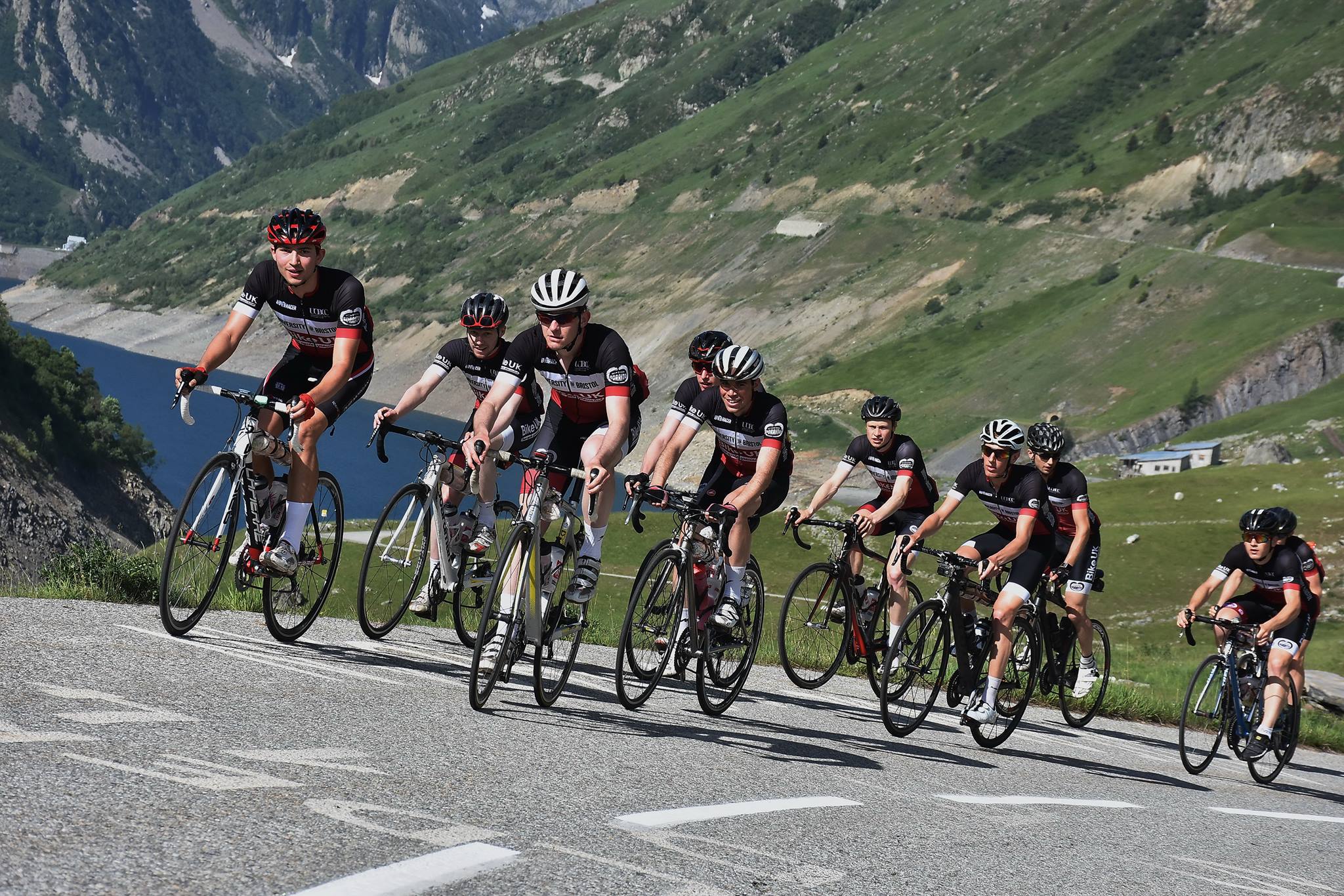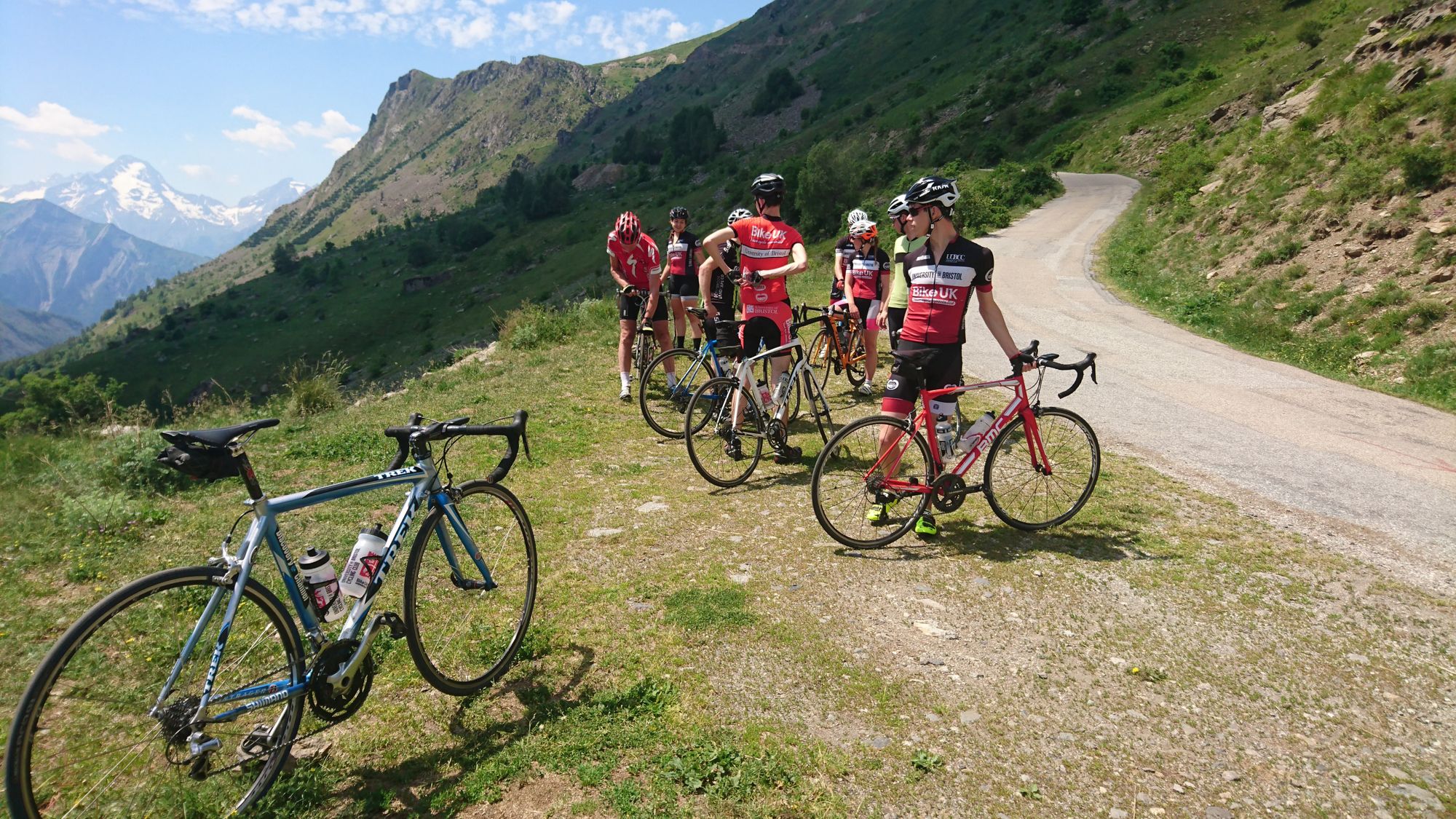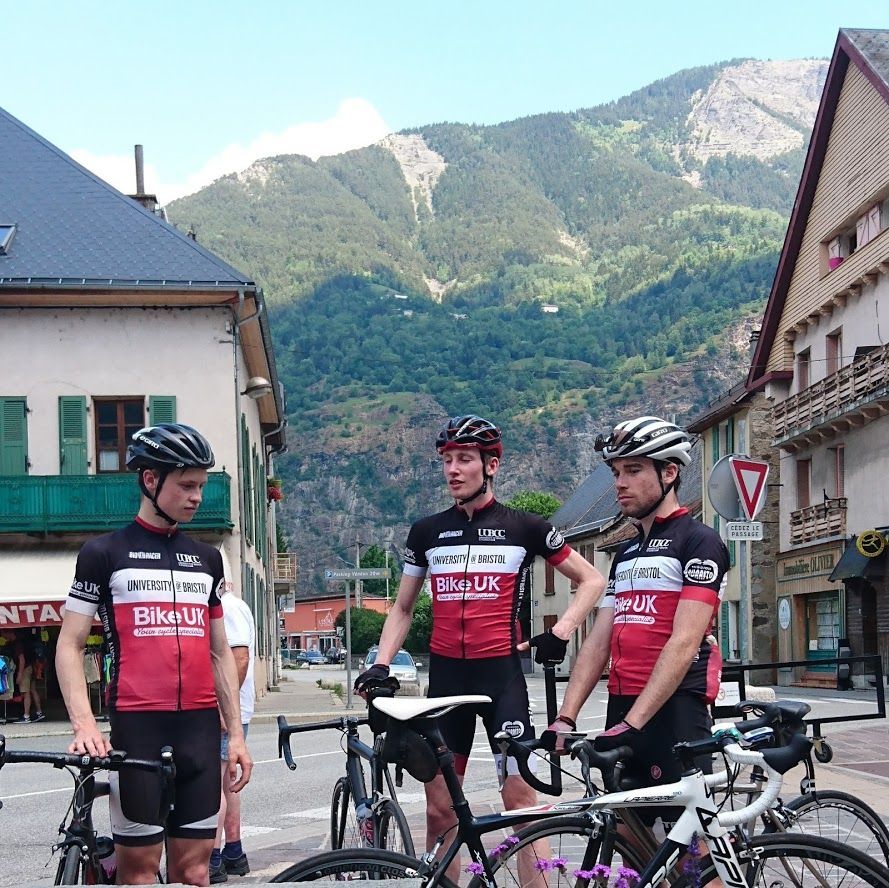By Patrick Sullivan, Co-Editor-in-Chief
For the first time, the student sports team have organised their annual trip to avoid unnecessary environmental impact - in recognition of the growing issue of climate change.
32 student members of the University of Bristol Cycling Club (UoBCC) are embarking on their week-long annual tour to the French Alps on 15 June 2020, but, in a move to reduce the carbon footprint of the trip, this year they will be getting the Eurostar back to London from Lyon.
Usually, cheap European flights mean university sports teams would fly out both ways and with the extra luggage, a minibus is required to assist further travel once abroad. UoBCC, however, have organised this year’s tour to minimise their carbon footprint as much as possible.

The biggest change to the itinerary is that instead of flying home, the club is travelling by French rail and then Eurostar to London on the way home. UoBCC President Sam Tiller said this was made possible because the £41 journey is ‘comparable [in price] to flying’. The switch could reduce overall emissions for the return journey from 255g/km to 6g/km. Tiller also said the Eurostar ‘avoided airport hassle’ and is ‘a more comfortable and social way to travel’.
They have still arranged an outbound flight to Lyon because of the greater distance, but have included donations to the myclimate foundation to offset the carbon emissions of both the outbound flight and any van journeys carrying the bikes. The money goes towards projects around the world that reduce emissions by replacing fossil fuel energy sources with more renewable options. The trip organisers have also replaced the usual minibus transfer between the airport and their accommodation with a rail transfer.
The club will also be serving a vegetarian menu to all 32 student cyclists for the week. A vegetarian diet is estimated to produce 32 per cent less carbon dioxide emissions than an average meat-based diet. UoBCC trialled an exclusively vegetarian menu during a weekend trip to Snowdonia in November. Tiller said it ‘proved popular, and with some careful meal planning it is easy to provide all the nutrition needed without meat’.
‘The added benefit is that [the vegetarian menu] is likely to be less expensive for the club, saving money and giving us the freedom to buy better ingredients and get creative with how we feed 32 hungry cyclists.’



Summing up the tour plans, Sam Tiller said: ‘Through forward planning, it has been easy to drastically reduce our carbon footprint, which with everyone on the trip can make a significant impact as well as showing our intention to be an environmentally conscious club.
‘We encourage other clubs to investigate alternative ways of running trips and activities – you may be surprised at what you find!’
James Ryle from the University’s Sustainability team said: ‘Cycling is a healthy, low-carbon form of transport which the University works hard to promote amongst students and staff. So it's great to see UoB Cycling Club showing how pedal power can make it possible to enjoy amazing journeys that don't cost the earth. We wish all the riders good luck and bon voyage!’
Featured image: UoB Cycling Club
What is your society doing to cut their carbon emissions?







